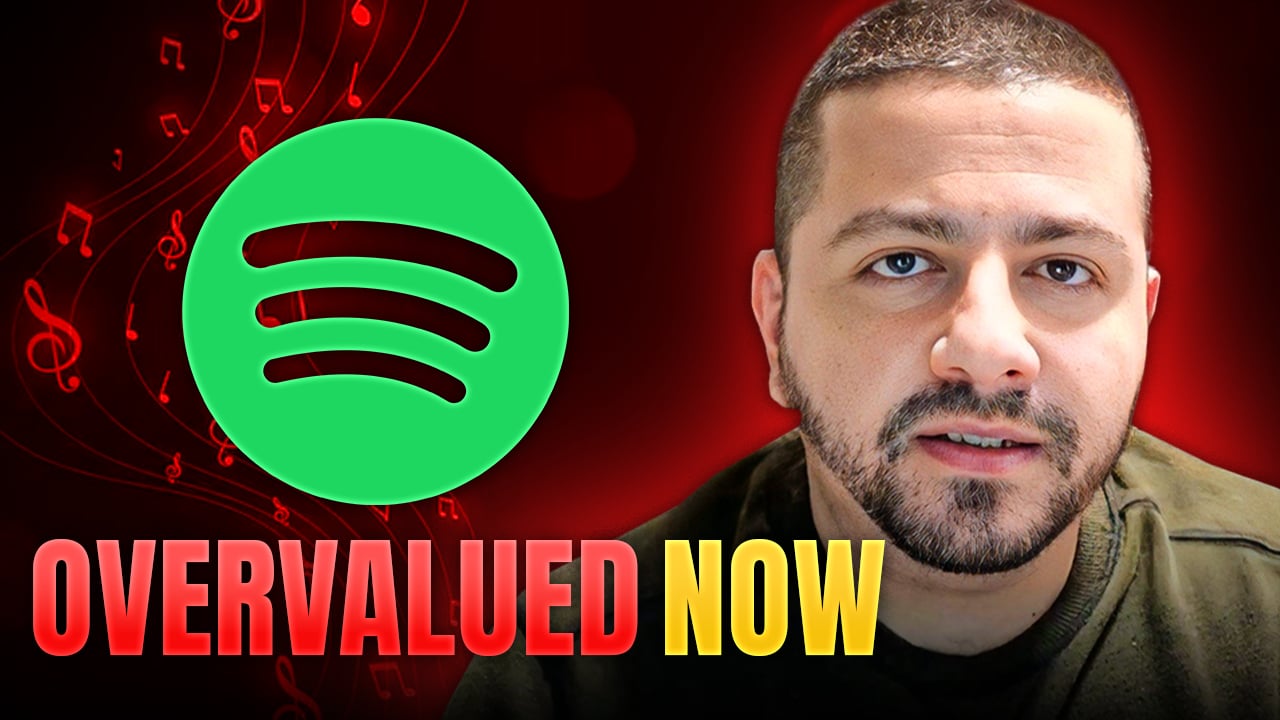It's often a bullish signal when company executives and other insiders use their own money to buy the company's stock on the open market. Investors pay a lot of attention to this because it is a bet by company insiders who understand the company better than anyone else. They know the ins and outs of the company and its prospects better than any outside investor ever could.
That includes when an insider buys warrants from the company that require the stock to soar for them to be worth anything at all. That's exactly what Spotify (SPOT 0.70%) founder and CEO Daniel Ek did in July.
The warrant investment
On July 1, 2019, Ek invested 14.6 million euros ($16.2 million based on current exchange rates) to buy warrants from the company that give him the right to acquire 800,000 Spotify shares at a price of $190.09 per share. The warrants expire July 1, 2022. Given that the 800,000 warrants cost Ek 14.6 million euros, each warrant cost 18.25 euros. That is equivalent to $20.71 per warrant, given one euro was equivalent to 1.135 U.S. dollars on July 1.
Between the $190.09 exercise price and the $20.71 cost of the warrant, Spotify needs to trade at $210.80 by July of 2022 just for Ek to break even on this investment, assuming a constant exchange rate. On July 1, Spotify closed at $145.29 per share, which means it needs to jump 45% from there just for him to break even. That's about a 13% annual return for three years, again, just to break even. But no one buys investments just to break even, which means he's betting that Spotify jumps much more than that.
Certainly, Ek is already highly incentivized to see Spotify and its stock price do well over the long term. As the company's founder, Spotify is his creation and life's work. He also owns about 31.8 million shares worth about $4.8 billion as of this writing. So even without this warrant investment, he already has an enormous amount of "skin in the game." What the warrant investment signals is that he specifically expects the stock to soar in the next few years. As a shareholder, that's a very encouraging signal to get from a company's founder and CEO.

Image source: Getty Images.
Why he's making the bet
It's clear Ek made the bet because he's very bullish on the company's prospects and therefore its stock price. Specifically, it's likely he believes in the company's prospects to significantly increase its profits and margins as a result of its expansions into podcasting and the "two-sided marketplace," where the company essentially sells advertising and other valuable insights to the music labels and artists.
The profit margins in Spotify's core music streaming business are limited, at least for now, since so much of revenue is paid out to the music rights holders -- the music labels, publishers, and song writers. But podcasting and the two-sided marketplace are both higher margin businesses.
For example, when Spotify produces its own podcasting content, it keeps all the advertising revenue from those podcasts. And the more listeners it has, the more revenue and profit it earns. This is similar to how Netflix's content costs are fixed price deals -- the cost of a given piece of content remains flat regardless of how many people view it or how many subscribers the company has.
In a similar way, Spotify is paying fixed prices to podcast talent, which means it should capture all the advertising upside after the level at which those fixed costs are covered. In fact, Spotify's CFO Barry McCarthy (who was previously Netflix's CFO and plans to retire in January) made the same comparison on the company's third-quarter conference call when he said, "So streaming was to Netflix as podcasting is to Spotify."
And with the two-sided marketplace, Spotify is selling labels the right to promote certain music to certain users Spotify knows will enjoy it. That's very high margin revenue. So if podcasting and the two-sided marketplace are successful, Spotify's profit margins should grow significantly over the next two to three years and help justify Ek's investment in the warrants.







